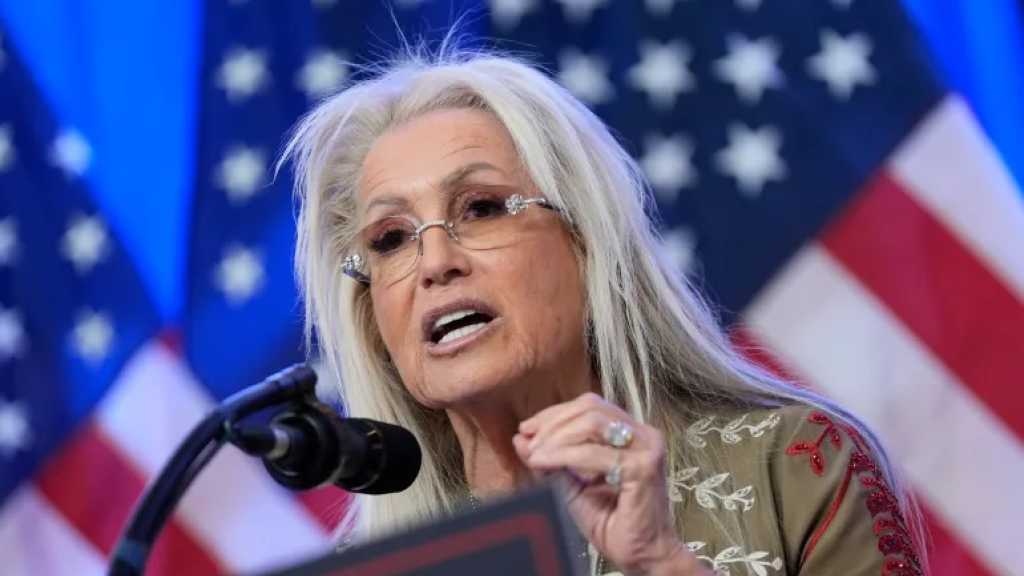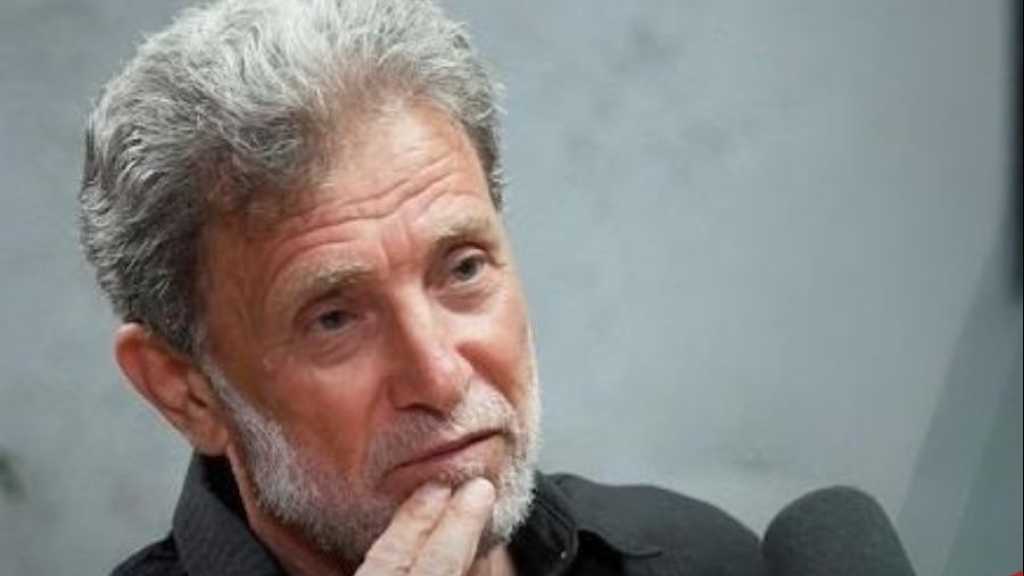The Adelson Effect: How a Donor Shaped US Diplomacy Toward “Israel”

By Mohamad Hammoud
In November 2024, as President-elect Donald Trump began assembling his second-term cabinet, a quiet conversation between him and Miriam Adelson would help realign American diplomacy.
Adelson — an “Israeli”-American physician, billionaire philanthropist, and longtime Republican megadonor — had contributed about $100 million to Trump’s 2024 campaign through her Preserve America PAC.
According to multiple reports, she personally recommended Senator Marco Rubio for Secretary of State, emphasizing his hard-line stance on Iran and alignment with her pro-“Israel” priorities.
By December 10, 2024, Trump had announced Rubio as the nation’s 72nd secretary of state — a choice reflecting not only a senator’s ambition but also the power of a donor whose financial reach could shape the very architecture of US foreign policy.
From West Miami to the Western Wall
Rubio’s story mirrors the classic American immigrant ascent. The son of Cuban exiles, he built his image around faith, family, and patriotism. But a turning point came in 2014, when he attended Prime Minister Benjamin Netanyahu’s speech to Congress. Watching the partisan divide, Rubio began to view “Israel” not just as a foreign-policy issue but as a civilizational cause.
That conviction soon shaped his record: co-sponsoring the 2017 embassy move to Occupied Al-Quds, backing 2019 legislation to protect settlement funding, and pushing to cut UN aid to agencies recognizing Palestinian statehood. Each step drew him closer to pro-“Israel” circles — and to Miriam Adelson’s worldview.
The doctor with the $35-billion stethoscope
Miriam Adelson, 79, still carries the calm assurance she had as a young “Tel Aviv” addiction-medicine resident signing prescriptions as “Dr. Ochshorn.” In 1991, she married casino magnate Sheldon Adelson, merging her Zionist passion with his multibillion-dollar fortune. When he died in 2021, she inherited about $35 billion, becoming both “Israel’s” wealthiest citizen and the most potent political donor in US history.
Her influence runs through a vast network — the Adelson Family Foundation, the Republican Jewish Coalition, and the Dr. Miriam & Sheldon G. Adelson Medical Research Foundation. She has said that “the safety of the Jewish state” remains her guiding cause. That mission has funded West Bank settlement groups and poured tens of millions into Republican campaigns, embedding her agenda deep within American politics.
A standing ovation in Occupied Al-Quds
During his October 13, 2025, address to the Knesset, President Donald Trump paused mid-speech to acknowledge Miriam Adelson in the front row. “Miriam, please stand up,” he said. “She loves this country, and we love her. Thank you, darling, for being here.” The chamber erupted in applause as lawmakers rose to their feet, and “Israeli” media replayed the moment for days as a symbol of how private wealth could shape geopolitics.
That ovation echoed decisions made months earlier, when Trump, fresh off his 2024 victory, named Rubio secretary of state — a move seen as both a reward for loyalty and a nod to Adelson’s influence in guiding the administration’s foreign-policy course.
Foggy Bottom’s new red lines
Once in office, Rubio wasted no time translating campaign rhetoric into policy. On his first day, he revoked visas for International Criminal Court prosecutors investigating “Israeli” officers, citing a little-used statute penalizing foreign officials who target US allies. Days later, he suspended USAID grants to Palestinian NGOs that refused to recognize Occupied Al-Quds as “Israel’s” undivided capital — a move humanitarian groups warned could shutter clinics in Ramallah and Al-Khalil.
According to State Department officials and reporting in The Guardian, Rubio has emphasized stronger US–“Israel” coordination on regional security matters, particularly regarding Iran’s nuclear program.
The price of a single phone call
Critics warn that allowing a foreign-born billionaire to influence cabinet selection undermines American sovereignty. Senator Chris Murphy told MSNBC, “When a billionaire who funds West Bank settlements picks our secretary of state, the national interest becomes a subsidiary of a private foundation.”
Rubio countered during his confirmation hearing that his positions long predated Adelson’s patronage and that significant political donations are a standard feature of modern campaigns. Still, optics matter. Adelson flew to Washington for Rubio’s swearing-in, seated in the front row as Vice President J. D. Vance administered the oath.
When a reporter asked what she gained from her $100 million contribution, she smiled and replied in Hebrew: “A good return on investment.” Then she disappeared into a motorcade bound for the “Israeli” embassy — a quiet reminder that, in Washington as in “Tel Aviv”, influence follows the money.



